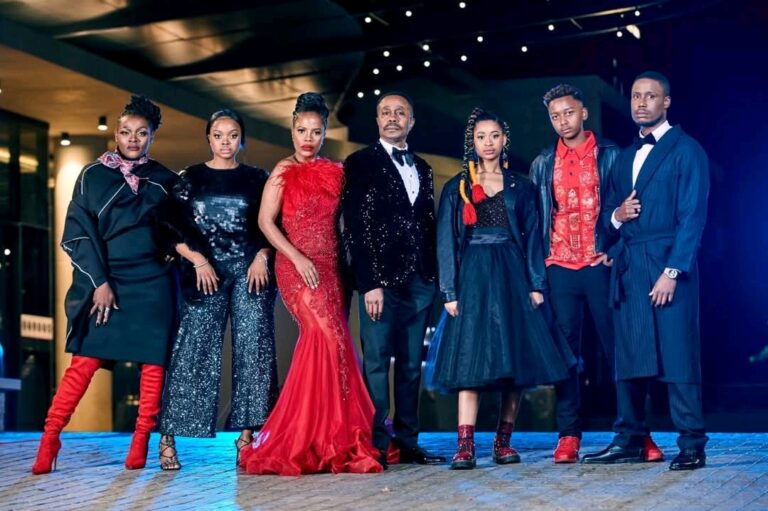
South Africa is once again mourning the brutal loss of a young woman whose life was stolen by gender-based violence (GBV). Twenty-year-old Likhona Ntandoyenkosi Maphanga, affectionately known to many as Ntando, was savagely beaten to death in Phola Park, Thokoza, Gauteng, on 27 July 2025, allegedly at the hands of her ex-boyfriend, Zakhele Sibisi.

According to reports, Sibisi viciously attacked Ntandoyenkosi in a horrifying manner. Witnesses allege that he sat on her chest and repeatedly smashed her head with a brick. The injuries she sustained were so severe that she later succumbed to them, leaving her family, friends, and community shattered by the cruelty of her death.
A Troubled History of Abuse
Ntandoyenkosi’s story is, tragically, not an isolated one. Like many women caught in cycles of abuse, she had tried to seek help before her life was cut short. It is believed that she attempted to file a restraining order against Sibisi earlier this year after enduring ongoing violence and harassment. In early 2025, he was reportedly arrested but later released within a few days.
Despite her efforts, the system failed to provide her with the protection she desperately needed. Manipulated by promises of change and reconciliation, Ntandoyenkosi allowed him back into her life, hoping for a different outcome—just as so many women do when torn between love, fear, and hope. Unfortunately, her trust was betrayed in the most brutal way possible.

Another Life Lost to Gender-Based Violence
The murder of Ntandoyenkosi has sparked outrage and grief across social media and within her community. Many have expressed heartbreak over the death of a young woman described as “a beautiful soul” with her whole life ahead of her. Her tragic passing adds to the devastating statistics of women and girls who continue to fall victim to GBV and femicide in South Africa.
South Africa has some of the highest rates of gender-based violence in the world, and the numbers continue to rise. According to official crime statistics, a woman is murdered every few hours in the country, often by someone she knows or once loved. Ntandoyenkosi’s story serves as yet another painful reminder of the urgent need for systemic change, stricter laws, and stronger community support structures.
Calls for Urgent Action
Her death has reignited calls from activists and ordinary citizens for the government to declare GBV and femicide a national disaster. For years, communities have pleaded for harsher sentencing, faster protection order processes, and more effective policing to prevent such tragedies. Yet, cases like Ntandoyenkosi’s highlight the persistent failures of a system that too often leaves women unprotected until it is too late.
As her loved ones prepare to lay her to rest, Ntandoyenkosi’s name joins a heartbreaking list of South African women who will never see justice in time. Her story is not just about personal tragedy—it is about a nation still grappling with an epidemic of violence that destroys families and futures daily.
Rest in Power, Ntando
The nation mourns yet another sister, daughter, and friend taken far too soon. The question remains: how many more young women must die before urgent, decisive action is taken? Until then, the haunting cry echoes: Rest in Power, Queen.




